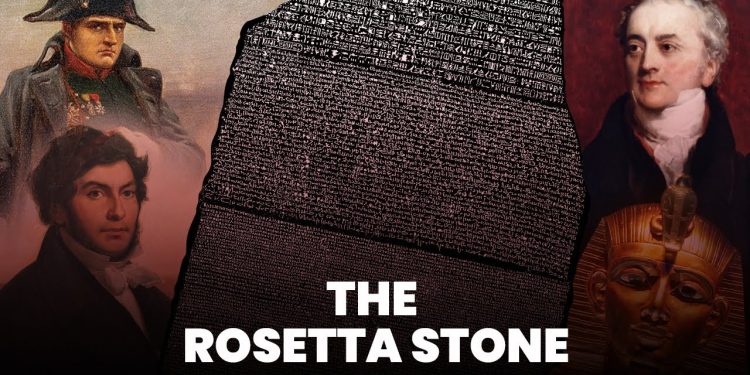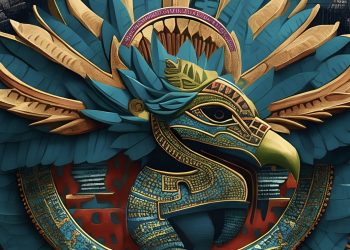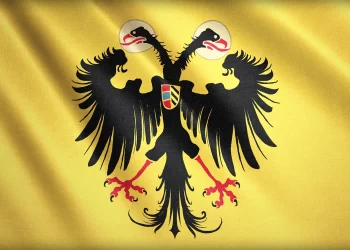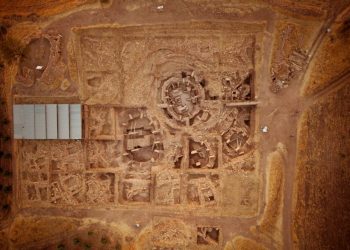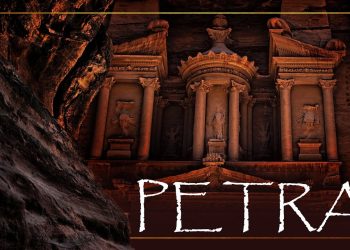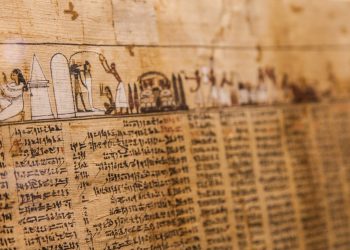Unlocking the Secrets of an Enigmatic Civilization
The Rosetta Stone, a remarkable artifact discovered over two centuries ago, has been instrumental in unveiling the mysteries of ancient Egypt. By deciphering the ancient Egyptian hieroglyphs, this incredible stone has transformed our understanding of one of the world’s most fascinating civilizations. In this article, we explore the captivating tale of the Rosetta Stone, its significance, and the impact it has had on our knowledge of ancient Egyptian history.
The Serendipitous Discovery of the Rosetta Stone
In 1799, during Napoleon Bonaparte’s Egyptian campaign, a French soldier named Pierre-François Bouchard stumbled upon the Rosetta Stone. Found near the town of Rashid, also known as Rosetta, this black basalt slab measures approximately 44 inches in height. Inscribed upon the stone are three scripts: Greek, Egyptian hieroglyphs, and Egyptian Demotic. The presence of these three languages on the stone would prove to be the key to unlocking the enigmatic language of ancient Egypt.
Decoding the Ancient Egyptian Hieroglyphs
For centuries, the meaning behind the ancient Egyptian hieroglyphs had eluded scholars. However, the stone provided the necessary clues to decipher this once-lost script. The Greek text, which was still legible in the 19th century, served as a translation guide for the other two scripts. French scholar Jean-François Champollion played a pivotal role in deciphering the hieroglyphs in 1822, paving the way for a profound understanding of Egyptian history and culture.
The Message Engraved on the Rosetta Stone
The Rosetta Stone bears a decree issued by King Ptolemy V in 196 BC. The text outlines various tax exemptions and privileges granted to the priesthood in exchange for their support of the king. Although the decree itself is not particularly noteworthy, the inscription of the decree in three scripts has made the Rosetta Stone an invaluable asset in the study of ancient Egypt.
The Rosetta Stone’s Journey to London
After the defeat of Napoleon’s forces in Egypt, the Rosetta Stone was transferred to British ownership under the Treaty of Alexandria in 1801. The artifact was subsequently transported to England and has been on display at the British Museum in London since 1802. To this day, the Rosetta Stone remains one of the museum’s most visited and iconic exhibits, drawing millions of visitors annually.
The Lasting Legacy
The Rosetta Stone’s decipherment of ancient Egyptian hieroglyphs has had a profound and lasting impact on the field of Egyptology. With the ability to read and interpret these texts, scholars have pieced together the rich history, culture, and religious beliefs of ancient Egypt. The Rosetta Stone’s crucial role in this process has secured its place among the most significant archaeological discoveries in history.
Controversy Surrounding the Rosetta Stone
In recent years, the stone has been the subject of controversy, as the Egyptian government and various cultural organizations have called for its repatriation. They argue that the stone is an essential part of Egypt’s cultural heritage and should be returned to its country of origin. Although the British Museum has thus far refused to relinquish the artifact, the debate surrounding the Rosetta Stone’s rightful home continues to make headlines.
The discovery and decipherment of the Rosetta Stone have had a significant and lasting impact on our understanding of ancient Egyptian civilization. This extraordinary artifact not only unlocked the secrets of a once-lost language but also opened the door to a greater appreciation of ancient Egyptian history and legacy.
PLEASE READ: Have something to add? Visit Curiosmos on Facebook. Join the discussion in our mobile Telegram group. Also, follow us on Google News. Interesting in history, mysteries, and more? Visit Ancient Library’s Telegram group and become part of an exclusive group.



